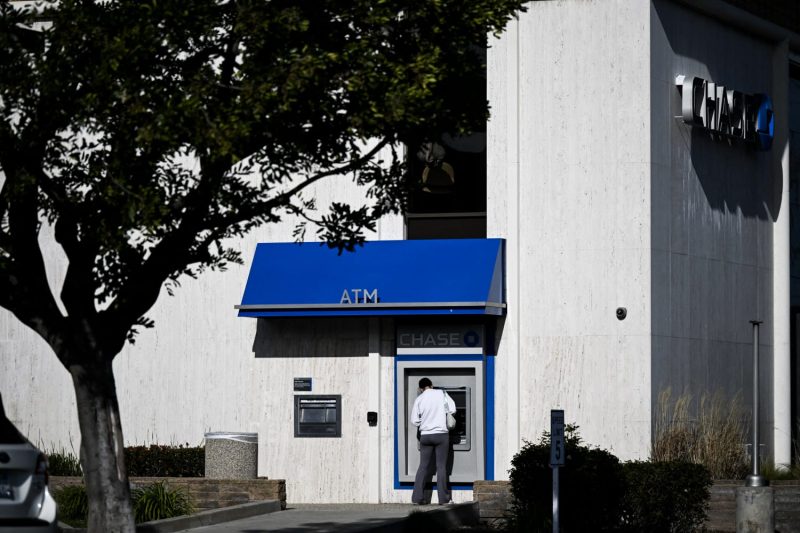In a recent turn of events, JPMorgan Chase has taken legal action against several customers who are purportedly involved in exploiting a loophole within the bank’s system that allowed them to siphon off exorbitant amounts of money. The financial institution has initiated lawsuits against these customers, claiming that they stole thousands of dollars through what is being referred to as an infinite money glitch.
This incident sheds light on the potential vulnerabilities that may exist within the digital infrastructure of banking institutions, leading to significant financial losses. The exploitation of such glitches raises concerns not only about the security of financial systems but also about the ethical considerations surrounding the use of such loopholes for personal gain.
It remains unclear how the customers were able to identify and manipulate this glitch in the bank’s system to access limitless funds. However, the fact that such a loophole existed in the first place raises questions about the adequacy of security measures in place to safeguard customer accounts and financial transactions.
JPMorgan’s decision to pursue legal action against these customers highlights the seriousness of the situation and serves as a deterrent to others who may contemplate engaging in similar activities. By holding these individuals accountable for their actions, the bank sends a strong message that such behaviors will not be tolerated.
The case also underscores the importance of robust cybersecurity measures and ongoing monitoring of systems to detect and prevent unauthorized access or exploitation of vulnerabilities. Financial institutions must continually invest in technology and resources to stay ahead of cyber threats and ensure the safety and security of customer assets.
As the legal proceedings unfold, it will be interesting to see the outcome of these cases and the implications they may have for future cybersecurity protocols in the banking industry. This incident serves as a wake-up call for both financial institutions and customers alike to remain vigilant and proactive in safeguarding their financial information and assets.
